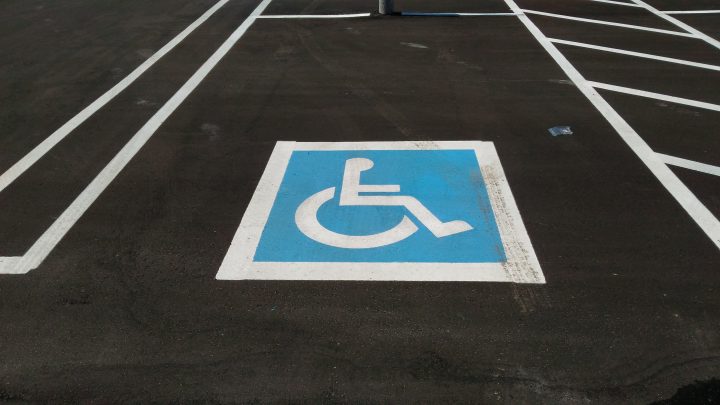The City of Saskatoon is temporarily suspending the sale of residential and people with disability parking permits amid the coronavirus outbreak.

City officials said parking restrictions in residential parking permit zones are suspended until further notice.
New permits will not be issued or required until the program is reinstated, officials said.
However, those with expiring permits are being told by officials to retain those as they may be required for the transition period once the program is again in place.
For those with a people with a disability parking permit, those will be extended past the May 1 renewal date.
Officials said existing 2019 permits need to be retained for use during the transition period until sales are available again at city hall.
While parking restrictions are temporarily suspended, officials cautioned it does not apply to designated accessibility parking stalls.
Parking restrictions are still being enforced for designated parking stalls to ensure the spaces are available for people with accessibility needs, officials said.

Get breaking National news
A valid SaskAbilities permit needs to be displayed on any vehicle parked in an accessible parking space, they added.
Questions about COVID-19? Here are some things you need to know:
Health officials caution against all international travel. Returning travellers are legally obligated to self-isolate for 14 days, beginning March 26, in case they develop symptoms and to prevent spreading the virus to others. Some provinces and territories have also implemented additional recommendations or enforcement measures to ensure those returning to the area self-isolate.
Symptoms can include fever, cough and difficulty breathing — very similar to a cold or flu. Some people can develop a more severe illness. People most at risk of this include older adults and people with severe chronic medical conditions like heart, lung or kidney disease. If you develop symptoms, contact public health authorities.
To prevent the virus from spreading, experts recommend frequent handwashing and coughing into your sleeve. They also recommend minimizing contact with others, staying home as much as possible and maintaining a distance of two metres from other people if you go out.
For full COVID-19 coverage from Global News, click here.















Comments
Want to discuss? Please read our Commenting Policy first.